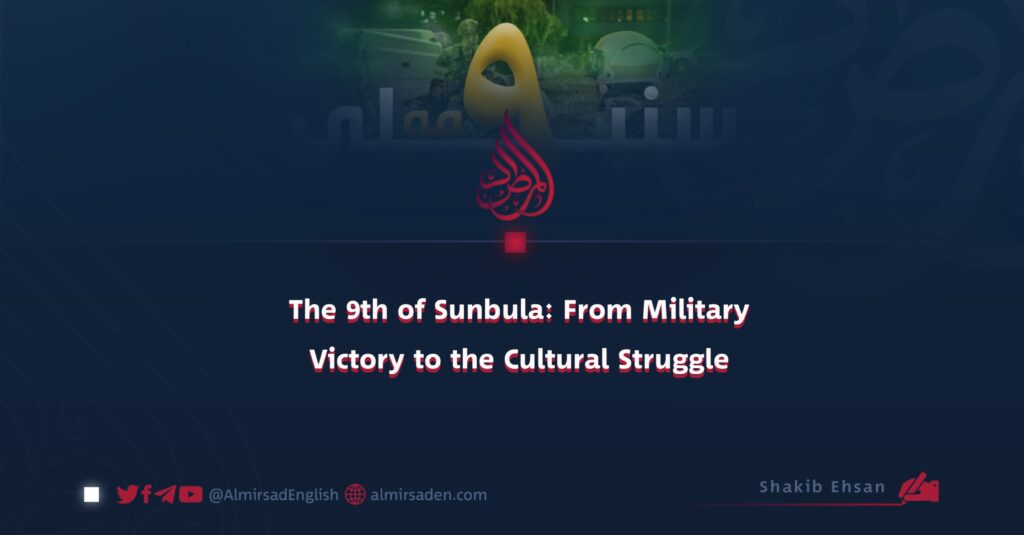Shakib Ehsan
The 9th of Sunbula, 1400 (August 31, 2021), was the day the last humiliated American soldier, conceding defeat, fled from the soil of Afghanistan. That day became a symbol of blood over steel, faith over fear, and a nation’s determination over the hollow claims of the world’s great powers, who believed they could erase a culture and identity deeply rooted in the soul of a people through force and wealth.
Although this date marked the end of military occupation, it also signaled the beginning of a greater struggle: reclaiming the realm of thought and culture from a colonizer defeated on the battlefield but still leaving behind the poison of its ideology within Afghan society.
The twenty-year occupation of Afghanistan was not limited to military aggression. It was accompanied by a cultural offensive. Through media networks, the promotion of foreign values, and lifestyles alien to the authenticity of this land, the occupiers sought to raise generations estranged from their proud history and steadfast faith. They worked to present the Mujahideen as “terrorists” in the eyes of the world and to reduce a nation’s sacred jihad and resistance to mere acts of violence by a group.
Yet in the deep trenches of war, the Afghan youth who carried the Noble Qur’an in one hand and a weapon in the other stood firm not only against tanks and bombs but also against cultural invasion. Their faith was a powerful barrier against this assault on their identity.
Today, even after a decisive military victory, the mission remains unfinished. The enemy’s soldiers may have left, but the battlefield has shifted into new arenas: schools, books, media, art, and cyberspace. Though militarily defeated, the enemy continues to inject its views into society like sweet poison—seeking to lure the youth with hollow materialistic ideologies, fragment the unity of the Ummah through divisive tactics, and erase the religious zeal that was once the Mujahideen’s greatest weapon.
This new phase places a heavier responsibility on religious scholars, writers, poets, university professors, and every patriotic Afghan. We must engage in the cultural and intellectual struggle with the same courage that the Mujahideen displayed on the battlefield. Strong centers of resistance must be built through the production of authentic content, the revival of Islamic-Afghan values, the strengthening of an education system rooted in national and religious identity, and the enlightenment of society against enemy conspiracies.
Today’s struggle is a battle to reclaim minds and hearts. Vigilance is essential so that the enemy does not return in another guise or with deceptive words. The victory of the 9th of Sunbula proved that no power can overcome the united will of a nation. That same will must now be directed toward safeguarding intellectual sovereignty, the very front where the enemy seeks to strike.
Under the rule of the IEA, Afghanistan has a historic opportunity not only to secure its military independence but also to advance a great project of intellectual and cultural independence. This is the highest tribute to the martyrs who sacrificed their lives to pave the way for freedom.
The future generations of Afghanistan deserve to live in a free and dignified homeland, secure in their identity and independent of foreign influence. The 9th of Sunbula marked the end of occupation, but it also marked the beginning of a profound responsibility: to build an Afghanistan that stands proud, self-reliant, and unshadowed in every field.
